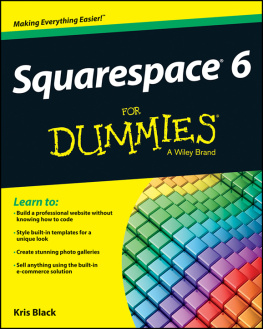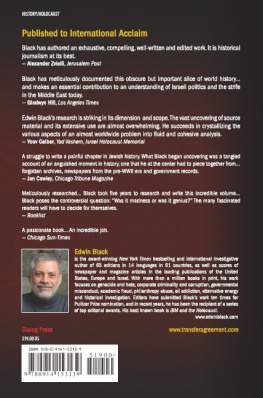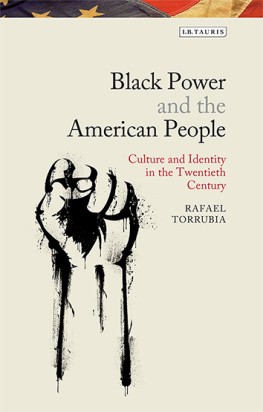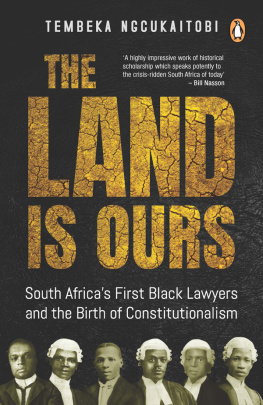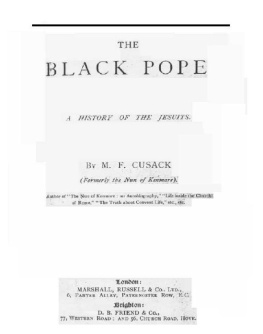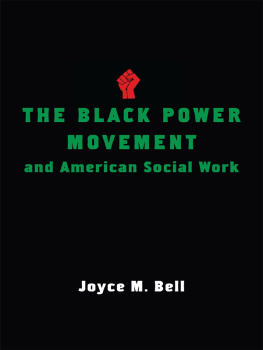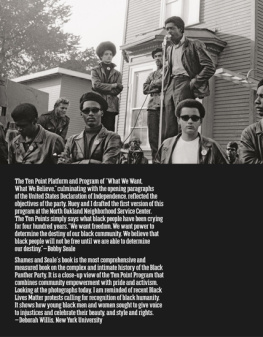ABSOLUTISM IN RENAISSANCE MILAN

Great Clarendon Street, Oxford OX2 6DP
Oxford University Press is a department of the University of Oxford.
It furthers the Universitys objective of excellence in research, scholarship,
and education by publishing worldwide in
Oxford New York
Auckland Cape Town Dar es Salaam Hong Kong Karachi
Kuala Lumpur Madrid Melbourne Mexico City Nairobi
New Delhi Shanghai Taipei Toronto
With offices in
Argentina Austria Brazil Chile Czech Republic France Greece
Guatemala Hungary Italy Japan Poland Portugal Singapore
South Korea Switzerland Thailand Turkey Ukraine Vietnam
Oxford is a registered trade mark of Oxford University Press
in the UK and in certain other countries
Published in the United States
by Oxford University Press Inc., New York
Jane Black 2009
The moral rights of the authors have been asserted
Database right Oxford University Press (maker)
First published 2009
All rights reserved. No part of this publication may be reproduced,
stored in a retrieval system, or transmitted, in any form or by any means,
without the prior permission in writing of Oxford University Press,
or as expressly permitted by law, or under terms agreed with the appropriate
reprographics rights organization. Enquiries concerning reproduction
outside the scope of the above should be sent to the Rights Department,
Oxford University Press, at the address above
You must not circulate this book in any other binding or cover
and you must impose the same condition on any acquirer
British Library Cataloguing in Publication Data
Data available
Library of Congress Cataloging in Publication Data
Black, Jane.
Absolutism in Renaissance Milan: plenitude of power under the Visconti and the Sforza, 13291535 / Jane Black.
p. cm.
Includes bibliographical references and index.
ISBN 9780199565290 (alk. paper)
1. Visconti family. 2. Sforza family. 3. RenaissanceItalyMilan. 4. Milan (Italy)HistoryTo 1535. 5. Milan
(Italy)Politics and government. 6. Milan (Italy)Social conditions. 7. Power (Social
sciences)ItalyMilanHistoryTo 1500. 8. AuthoritarianismItalyMilanHistoryTo 1500. 9.
LawItalyMilanHistoryTo 1500. 10. DuchiesItalyHistoryTo 1500. I. Title.
DG657.7.B55 2009
945.21105dc22
2009024504
Typeset by Laserwords Private Limited, Chennai, India
Printed in Great Britain
on acid-free paper by
MPG Biddles Ltd, Kings Lynn, Norfolk
ISBN 9780199565290
1 3 5 7 9 10 8 6 4 2
This volume is dedicated to my husband, Robert Black, on whose
encouragement and support I have always been able to rely.
Absolutism in Renaissance Milan shows how authority above the lawonce the preserve of pope and emperorwas claimed by the ruling Milanese dynasties, the Visconti and the Sforza, and why this privilege was finally abandoned by Francesco II, the last Sforza duke (d. 1535).
As new rulers, the Visconti and the Sforza had to impose their regime by rewarding supporters at the expense of oppenents. That process required absolute power, also known as plenitude of power, meaning the capacity to overrule even fundamental laws and rights, including titles to property. The basis for such power reflected the changing status of Milanese rulers, first as signori and then as dukes.
Contemporary lawyers, schooled in the sanctity of fundamental laws, were at first prepared to overturn established doctrines in support of the free use of absolute power: even the leading jurist of the day, Baldo degli Ubaldi (d. 1400), accepted the new teaching. However, lawyers eventually came to regret the new approach, and to reassert the principle that laws could not be set aside without compelling justification. The Visconti and the Sforza too saw the dangers of absolute power: as legitimate princes they were meant to champion law and justice, not condone artbitrary acts that disregarded basic rights.
Jane Black traces these developments in Milan over the course of two centuries, showing how the Visconti and Sforza regimes seized, exploited, and finally relinquished absolute power.
Contents
Preface
The original inspiration for this study came to me many years ago when I saw that the early Visconti were in the habit of issuing acts from their plenitude of power. It struck me as incongruous that mere signori used a prerogative which represented the supreme authority of the pope. The process of discovering how the Visconti could justify their claim to such an august prerogative, what use they made of it, and what lawyers had to say on the subject has led ultimately to the present volume.
The transformation of my first thoughts into these pages was made possible only with much support and encouragement. I should like to thank the British Academy for awarding me a Research Grant and a Larger Research Grant, as well as the Society for Renaissance Studies for their Fellowship: with these grants I was able to spend time gathering material in Milan and Florence. I owe a great debt to Paolo Grossi and all the staff at the Dipartimento di Teoria e Storia del Diritto at the Universit degli Studi di Firenze for allowing me to work freely in the library in Piazza Independenza and to explore the underground shelves there. I should like to thank, too, the Sezione di Storia del Diritto Medievale e Moderno, as well as the Dipartimento di Scienze della Storia e della Documentazione Storica of the Universit degli Studi di Milano, for giving me access to their unrivalled collections. I do thank most warmly Giorgio Chittolini for enthusiastically supporting an investigation into plenitude of power in Milan and for introducing me to the circle of talented young scholars currently working on Lombard topics. I also owe much to the advice, support, and encouragement of many friends, particularly Lorenz Boeninger, Alison Brown, Luca Ceriotti, Simon Ditchfield, Simon Ellis, George Holmes, Julius Kirshner, John Law, Franca Leverotti, John Najemy, Nicolai Rubinstein, Laura Stern, and Gian Maria Varanini. Finally, I thank Bob for his invaluable help over the years.
Wallingford
30 January 2009
List of Abbreviations
ADMD | Antiqua ducum Mediolani decreta (Milan, 1654) |
ASL | Archivio storico lombardo |
ASMi | Milan Archivio di Stato |
Barb. Lat. | Barberinus Latinus |
BAV | Biblioteca Apostolica Vaticana |
BSPSP | Bollettino della Societ Pavese di Storia Patria |
C. | Codex Justiniani |
Clem. | Clementinae |
D. | Digesta Justiniani |
Dumont | J. Dumont, Corps universal diplomatique du droit des gens, 16 vols (Amsterdam, 172631) |
ff. | Digesta Justiniani |
Inst. | Institutiones |
l. | lex |
Luenig | J. C. Luenig, Codex Italiae diplomaticus, 4 vols (Frankfurt and Leipzig, 172535) |
Osio | L. Osio, Documenti diplomatici tratti dagli archivi milanesi, 3 vols (Milan, 186472) |
Next page

